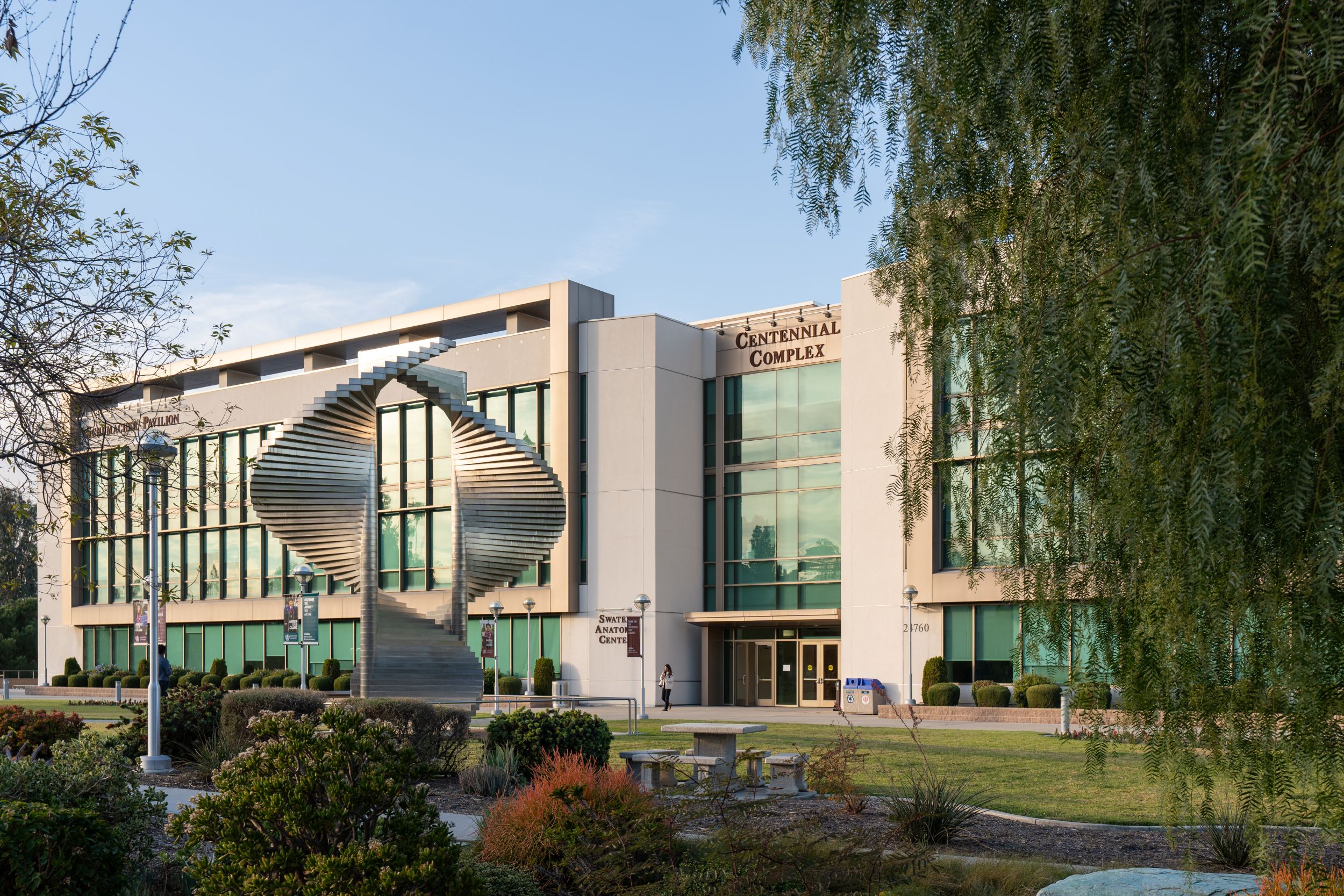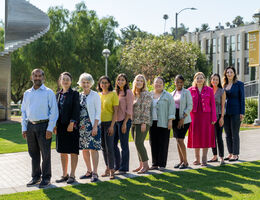

What is genetic counseling?
Genetic counseling is a process of communicating medical and scientific information to an individual or family with a genetic condition or birth defect. One of the main objectives is to assist families and individuals to understand complex genetic and medical information in the simplest way possible.
Who are genetic counselors?
Genetic counselors (GCs) are health professionals with specialized training and experience in the areas of medical genetics and counseling. Most GCs enter the field from a variety of disciplines, including biology, genetics, nursing, psychology, public health and social work.
What separates genetic counseling from other health care professionals is the unique combination of expertise in medical and molecular genetics and skills in psychosocial counseling. This awareness of and concern for the psychological aspects of the impact of genetic testing and inherited conditions has been integral to the development of the field from the beginning and resonates with LLU Health’s mission of whole person care.
Mission
To build a nationally recognized program which provides graduates of the program with skills and values to thrive in clinical genetics and genomics with adaptive expertise, to align with Loma Linda University’s mission of comprehensive whole person care through academic rigor, fieldwork rotations, introspection and diversity in didactic and experiential curriculum.
Vision
To train genetic counselors from diverse backgrounds to excel in their professional roles in a variety of settings, with the goal of enabling inclusive and equitable provision of genetic counseling services to all communities locally and nationally, that is valuable to these communities.
Why choose Loma Linda University School of Medicine?
The program derives its strength from well-regarded clinical genetics faculty with a depth of expertise in clinical genetics and genomics.
- Robust genetic counseling service in hospital and outpatient settings, specializing in areas such as cancer, cardiogenetics, maternal fetal medicine, metabolic genetics, neurogenetics.
- Provision of client-centered care at an institution with a mission of whole person care to facilitate informed decision-making in an inclusive manner.
- Loma Linda University Health is an academic medical center and leader in education, research and patient care.
- Loma Linda University is located between Los Angeles and Palm Springs. Affordable cost of living, with easy access to beach cities and mountains.




